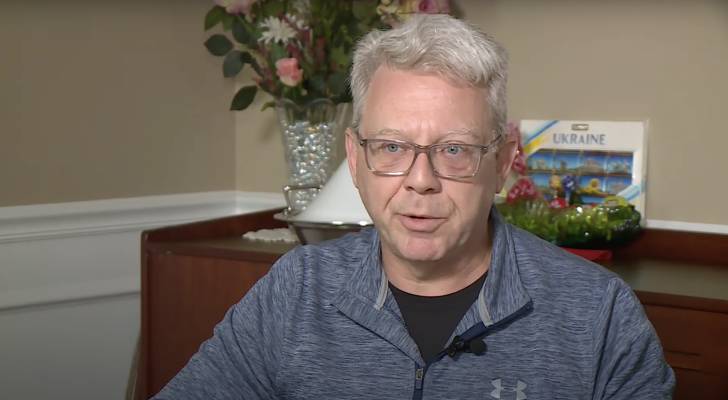When you picture a typical homebuyer, you probably envision a young adult in their 30s who is ready to put down roots and buy a property for the family they’re beginning to build.
This was certainly true back in 1981. The median age of a homebuyer at the time was 31 years old, according to data from the National Association of Realtors (NAR).
Don’t miss
- I’m 49 years old and have nothing saved for retirement — what should I do? Don’t panic. Here are 6 of the easiest ways you can catch up (and fast)
- Robert Kiyosaki warns of a ‘Greater Depression’ coming to the US — with millions of Americans going poor. But he says these 2 ‘easy-money’ assets will bring in ‘great wealth’. How to get in now
- Gain potential quarterly income through this $1B private real estate fund — even if you’re not a millionaire. Here’s how to get started with as little as $10
But the age of the median buyer has moved higher — a lot higher — over the past four decades. It sits at a whopping 56 years old as of 2024.
To put it another way, the person most likely to buy a home in the current market is much closer to retirement and being an empty-nester than to starting a new family.
Here’s a look at what’s driving this strange dynamic in the housing market and how young families can try to shift the odds in their favor.
Grey housing market
Not only are older Americans more likely to buy homes, but many own some of the largest properties on the market.
According to a January 2024 report by Redfin, 28.2% of three-bedroom-plus homes across the country were owned by empty-nest baby boomers. That’s compared to just 14.2% for millennials with kids.
The report suggests that baby boomers were in their prime earning years during the 1990s economic boom when newly-built homes were remarkably abundant. Home values have since shot up, and Americans who purchased homes more than 20 years ago didn’t have to spend as large of a portion of their income to buy property as they would today.
For younger buyers, this might feel like game over, but it isn’t necessarily. Here’s how you can boost your chances of getting onto the property ladder.
Read more: Want an extra $1,300,000 when you retire? Dave Ramsey says this 7-step plan ‘works every single time’ to kill debt, get rich in America — and that ‘anyone’ can do it
Improving your chances
If you’re in your 30s or 40s, it may feel as though the odds are stacked against you if you’re aiming for homeownership. Although the NAR data shows the median age of first-time buyers was 38 in 2024 (29 in 1981), this cohort only purchased 24% of homes compared to 32% a year earlier.
Nevertheless, with some planning and consistency or creative thinking, you could improve your chances. Start with aggressive saving and budgeting. Cutting back on non-essential spending — even by just $200 a month — can add up to $2,400 a year.
Pair that with steady investing in stocks or low-cost index funds and you can start accumulating funds for a downpayment.
Many young buyers also lean on the “Bank of Mom and Dad” if your parents are able to extend some financial security. About one-third of younger millennials (ages 26-34) who bought a home received assistance with their down payment through a gift or loan from a friend or family member, per a 2025 report by NAR.
You could also consider broadening your geographic search. Consider relocating to more affordable markets. Use first-time buyer programs and state-level assistance. FHA loans can cut required down payments to as little as 3.5%, according to the U.S. Department of Housing and Urban Development.
Buying a home may seem challenging for younger generations, but with the right financial planning it’s still within reach.
What to read next
- JPMorgan sees gold soaring to $6,000/ounce — use this 1 simple IRA trick to lock in those potential shiny gains (before it’s too late)
- This is how American car dealers use the ‘4-square method’ to make big profits off you — and how you can ensure you pay a fair price for all your vehicle costs
- Here are 5 ‘must have’ items that Americans (almost) always overpay for — and very quickly regret. How many are hurting you?
- How much cash do you plan to keep on hand after you retire? Here are 3 of the biggest reasons you’ll need a substantial stash of savings in retirement
Like what you read? Join 200,000+ readers and get the best of Moneywise straight to your inbox every week. Subscribe for free.
This article provides information only and should not be construed as advice. It is provided without warranty of any kind.

